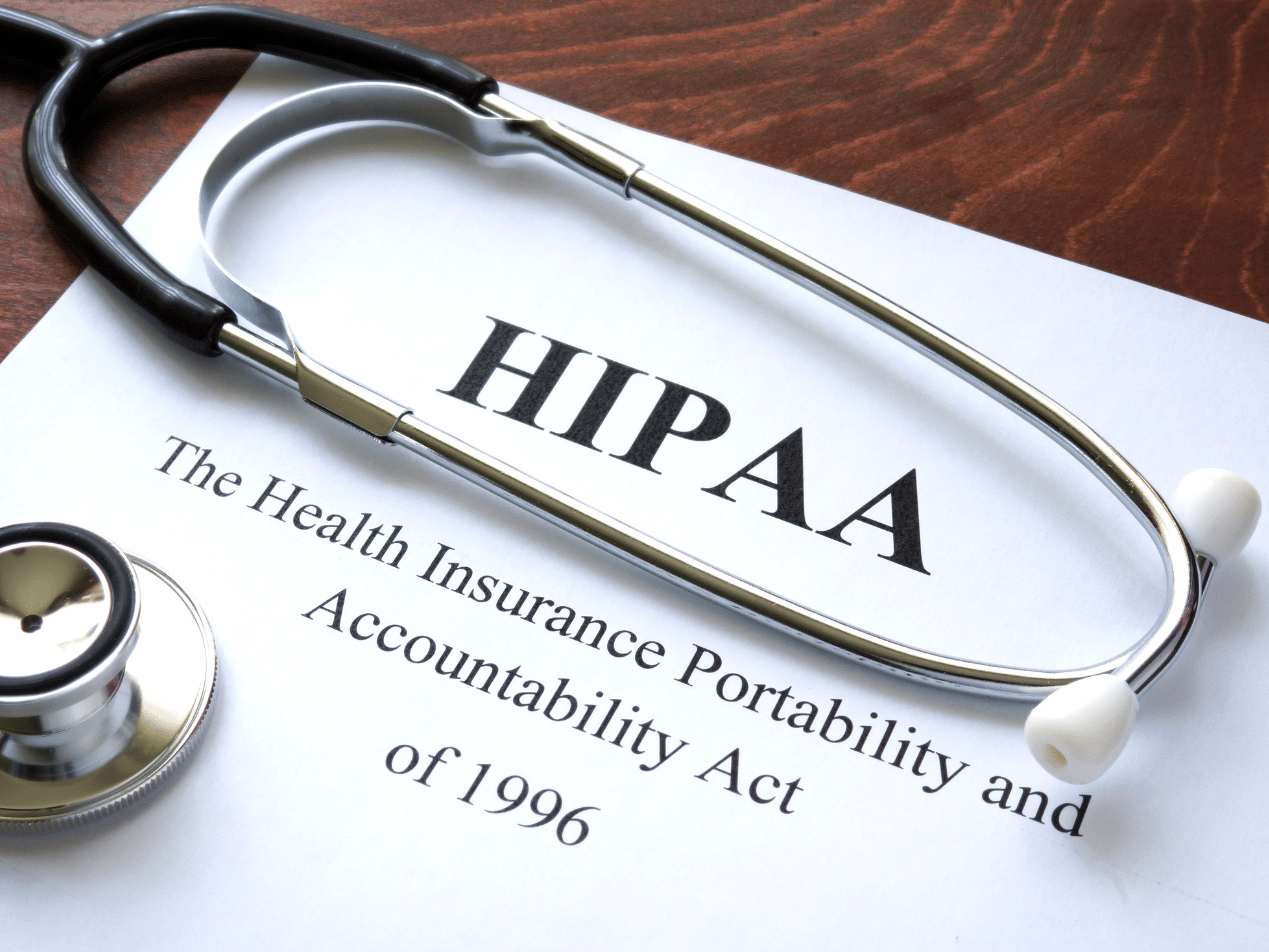
Healthcare is a multifaceted term encompassing many services and activities to maintain, improve, and restore health.
Understanding healthcare
Healthcare is the improvement of health via the prevention, diagnosis, treatment, amelioration, or cure of disease, illness, injury, and other physical and mental impairments in people.
It goes beyond the confines of hospitals and clinics, extending into preventive measures, wellness promotion, and the intricate web of professionals and technologies that contribute to the well-being of individuals and communities.
Common sources of healthcare
Healthcare is a complex system that involves various sources, providers, and resources to deliver services and support to individuals. Common sources of healthcare include:
Hospitals
Hospitals are central hubs of healthcare, providing a wide range of services, from emergency care and surgery to specialized treatments and diagnostic procedures. They serve as critical institutions for acute and inpatient care.
Primary care providers
Primary care is often the first point of contact for individuals seeking healthcare services. Primary care providers include family physicians, internists, pediatricians, and nurse practitioners who address general health concerns, provide preventive care, and coordinate referrals to specialists when needed.
Specialized care providers
Specialists, such as cardiologists, dermatologists, oncologists, and various other medical professionals, offer specialized care for specific health conditions.
Urgent care centers
Urgent care centers provide immediate, non-emergency medical care for conditions requiring prompt attention but not severe enough to warrant a visit to the emergency room. They often offer extended hours and are convenient for minor injuries and illnesses.
Emergency departments
Emergency departments in hospitals cater to individuals with acute and life-threatening conditions. They provide critical care and are equipped to handle emergencies, trauma cases, and urgent medical situations.
Pharmacies
Pharmacies are involved in healthcare by dispensing prescription medications, providing over-the-counter drugs, and offering health-related products. Pharmacists also offer counseling on medication usage and potential interactions.
See also: Are pharmacists covered entities?
Mental health professionals
Mental health services are an integral part of healthcare. Psychologists, psychiatrists, counselors, and therapists address mental health concerns, offering therapy, counseling, and psychiatric interventions.
Dental care providers
Dentists and oral health professionals focus on preventive and corrective dental care.
See also: Basics of HIPAA compliance for dentists
Public health organizations
Public health agencies at local, national, and international levels work to promote and protect the health of communities. They engage in activities such as disease surveillance, health education, and implementing public health interventions.
Read more: The difference between healthcare and public health
Health insurance companies
Health insurance companies are involved in financing healthcare services. They provide coverage for medical expenses and facilitate access to various healthcare providers and services.
Read more: What is a health plan as defined by HIPAA?
Telehealth and virtual care
Telehealth services use technology to deliver healthcare remotely. Virtual consultations, telemedicine, and online health platforms enable individuals to access medical advice and treatment without physically visiting a healthcare facility.
Community health clinics
Community health clinics often serve underserved populations, providing a range of primary care and preventive services. They may offer affordable healthcare options for those with limited access to traditional healthcare facilities.
Rehabilitation centers
Rehabilitation centers focus on restoring health and function for individuals recovering from surgeries, injuries, or chronic conditions. They provide physical therapy, occupational therapy, and other rehabilitative services.
Home healthcare services
Home healthcare involves the delivery of medical care and support services at a patient's home. This can include nursing care, therapy, and assistance with daily activities for individuals who are homebound or recovering from illness.
Types of healthcare
Healthcare is a diverse and multifaceted field that encompasses various types of services and approaches to address the health needs of individuals and communities. Here are some key types of healthcare:
- Primary healthcare: Primary healthcare involves general medical services provided by primary care physicians, nurse practitioners, and other healthcare professionals.
- Specialty care: Specialty care involves medical services provided by healthcare professionals with expertise in specific areas, such as cardiology, dermatology, oncology, and orthopedics.
- Emergency care: Emergency care is focused on providing immediate medical attention to individuals with acute and life-threatening conditions.
- Urgent care: Urgent care facilities offer immediate medical care for non-life-threatening conditions that require prompt attention. They provide a middle ground between primary care and emergency care.
- Mental health services Mental health services address psychiatric and psychological needs.
- Dental care: Dental care is a health service that dentists and dental hygienists provide. It focuses on oral health, including preventive services like cleanings and check-ups and treatments for dental issues.
- Rehabilitation services: Rehabilitation services aim to restore function and improve the quality of life for individuals recovering from surgeries, injuries, or chronic conditions. This includes physical therapy, occupational therapy, and speech therapy.
- Maternal and child health: Maternal and child health services cater to the health needs of women during pregnancy, childbirth, and postpartum, as well as the health of infants and children. Obstetricians, gynecologists, and pediatricians are key healthcare providers in this area.
- Home healthcare: Home healthcare involves delivering medical services at a patient's home. This may include nursing care, rehabilitation services, and assistance with daily activities for individuals who are homebound.
- Public health: Public health focuses on the health of populations and communities. It includes disease prevention, health education, vaccination programs, and initiatives to address environmental and social determinants of health.
- Telehealth and telemedicine: Telehealth and telemedicine use technology to provide healthcare services remotely.
- Occupational health: Occupational health services address the health and well-being of workers. This includes workplace health assessments, injury prevention, and the management of occupational health risks.
- Pharmacy services: Pharmacies provide medications, over-the-counter drugs, and health-related products.
- Alternative and complementary medicine: Alternative and complementary medicine includes practices outside conventional medical treatments like acupuncture, chiropractic care, herbal medicine, and other holistic approaches.
FAQ’s
What is health?
The World Health Organization (WHO) defines health as “a state of complete physical, mental and social wellbeing and not merely the absence of disease or infirmity.”
What are the six areas of health?
The National Wellness Institute promotes the Six Dimensions of Wellness: emotional, occupational, physical, social, intellectual, and spiritual. Addressing all six dimensions of wellness in our lives builds a holistic sense of wellness and fulfillment.
How do you ensure HIPAA compliance in healthcare?
HIPAA compliance in healthcare is ensured by implementing robust security measures to protect electronic protected health information (ePHI), regular risk assessments, and providing ongoing training for healthcare staff.
Subscribe to Paubox Weekly
Every Friday we bring you the most important news from Paubox. Our aim is to make you smarter, faster.




